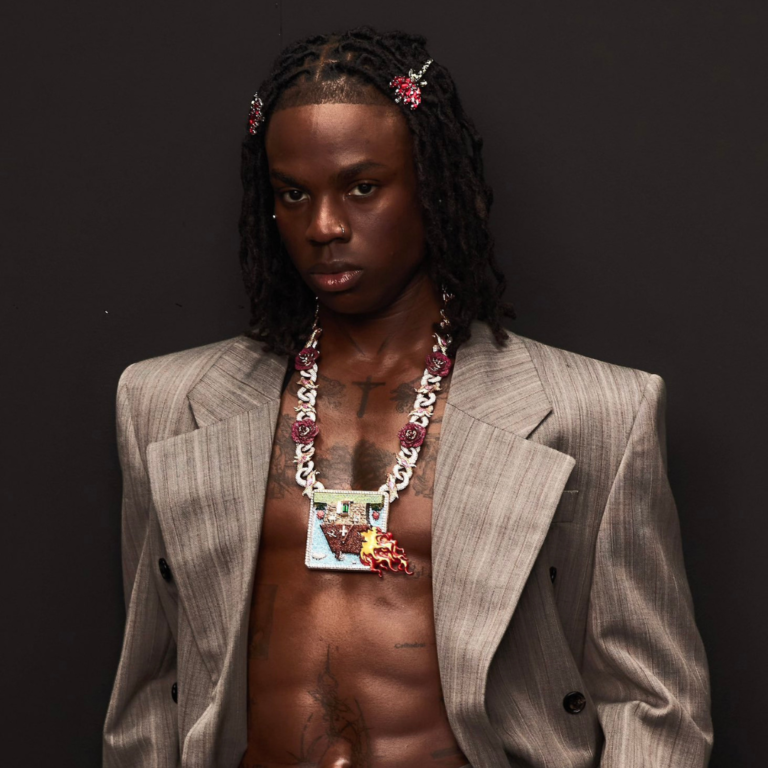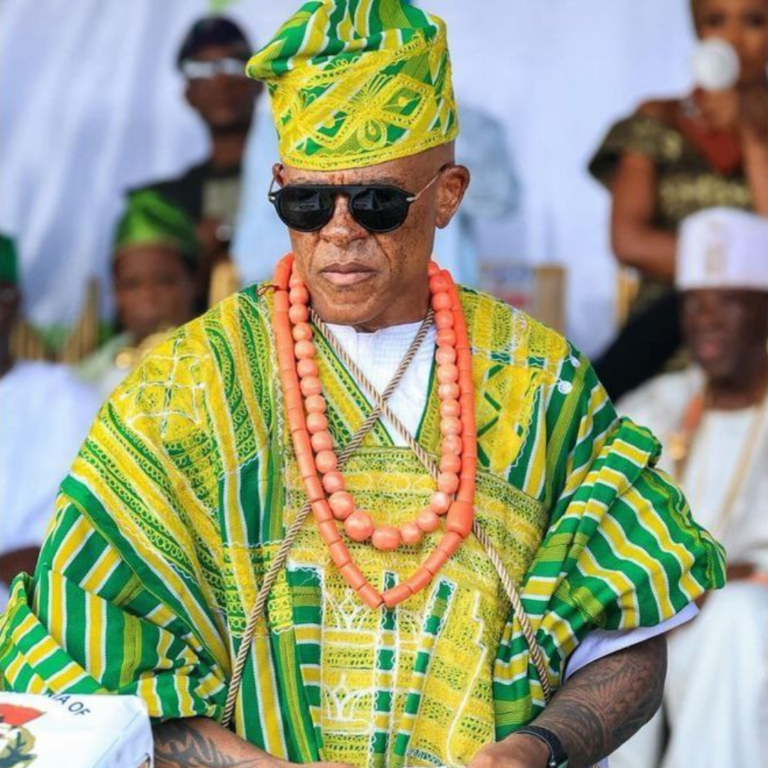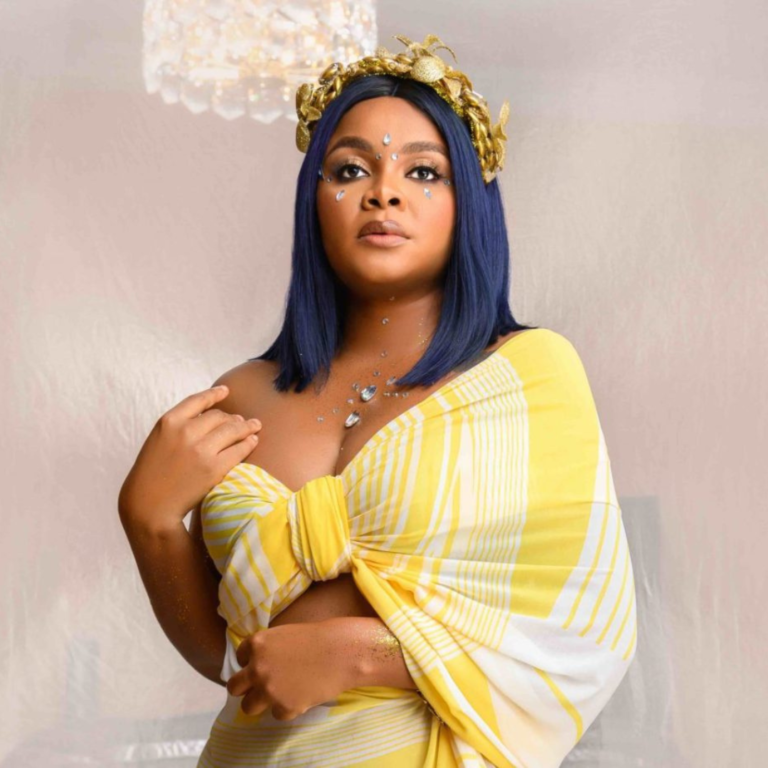News hit the streets on August 24, 2023, that the newly appointed Minister of Art, Culture and Creative Economy, Hannatu Musa Musawa, announced her immediate plan to commission a national theme song for Nigeria. And our question is: Isn’t the national anthem the same as a national theme song?
Well, we’re collectively seeing shege, so the least we can do is sing in harmony. But not to curb the honourable minister’s enthusiasm, so many popular Nigerian songs are already doing the work well.
The Lijadu Sisters did it with Orere Elejigbo. So did their second cousin, Fela Kuti, whose music still accurately captures the daily life and nuances of the average Nigerian. The 2000s also gave us some of the best songs that express diverse Nigerian experiences, especially that of the common man.
African China’s 2003 Mr. President — the lead single on his debut studio album of the same title — is still a widely accepted theme song for life in Nigeria today. From the president to the governor to the policeman, the lyrics left none of the important positions of law and power out. Mr. President reminded them to lead us well, govern us well, there’s hunger in the street, stop police brutality — sound familiar? Everything has only gotten worse since. Perhaps to show us that songs change little.
Jaga Jaga, the controversial second track on Eedris Abdulkareem’s 2004 album of the same title, expressed some harsh realities in Nigeria — corruption, fuel scarcity, insecurity, unstable electricity and extreme poverty that leaves the poor robbing the poor. It’s a danceable jam, and while Obasanjo’s government banned the song from the airwaves, Jaga Jaga still resonates like it did both on and off dance floors when it first came out. Contrary to the remarks that Eedris is soiling Nigeria’s image, he was being a brave citizen demanding for better.
The same thing younger people like Oritse Femi and Vector tha Viper talked about on the Better remix in 2012. Two years before that, Sound Sultan and M.I Abaga teamed up on 2010 Light Up to shine some light for people to see road and stop following clueless politicians blindly. It gets realer on the song as late Sound Sultan compares Nigerians to the biblical Israelites under the tyrant, Pharaoh. Although the candles in 2023 are more scented, Nigerians still need to light up to see in the dark — because no light.
Using familiar analogies on Life Drama (2014), 9ice painted a large canvas on karma, the rat race, uncertainty of breakthrough and how bustling and hustling cities like Lagos rarely slumbers. The song also delivers subliminal messages to public office holders that attack one another over stolen public funds, appreciating hard-earned wealth and bemoaning the large responsibility that comes with it.
Although M.I Abaga had Jos in mind when he wrote Wild Wild West in 2010, it could also be about Nigeria in general. “Better get your gun, better get your vest…” reminds us of the unending violence and insecurity we suffer. With “Down here, everyone curse, no one bless”, he expresses the anger and frustration of the masses.
Songs like Oritse Femi’s Flog Politicians (Koboko) and Olamide and Terry tha Rapman’s Boys Are Not Smiling (B.A.N.S.) prompt the poor to react aggressively to the “anyhowness” of elected public servants as they keep pushing us to the wall. Falz scattered the internet in 2018 when This Is Nigeria, a cover of Childish Gambino’s This Is America, came out. Borrowing from the social consciousness expressed on Gambino’s record, Falz talked about SARS brutality, corruption, drug abuse, religion, murderous Fulani herdsmen, with a powerful music video that brought every line to vivid imagination.
Even though Burna Boy’s politics often feels performative, tracks like My Cry, Soke, Yawa Dey, Collateral Damage, Common Person, and notably, Monsters We Made, have touched on plights of the common people and the need to hit the streets and say “enough is enough”. For the days when Nigeria wants to take our lives, but all we want to do is sweat out all negativity, Rema’s Are You There? is what Minister Musawa should consider.
Clearly, we have bountiful songs fit to be the Nigerian theme song. So maybe the honourable minister should focus more on policies that’d encourage investment and other means of improving the creative economy?




